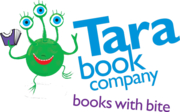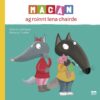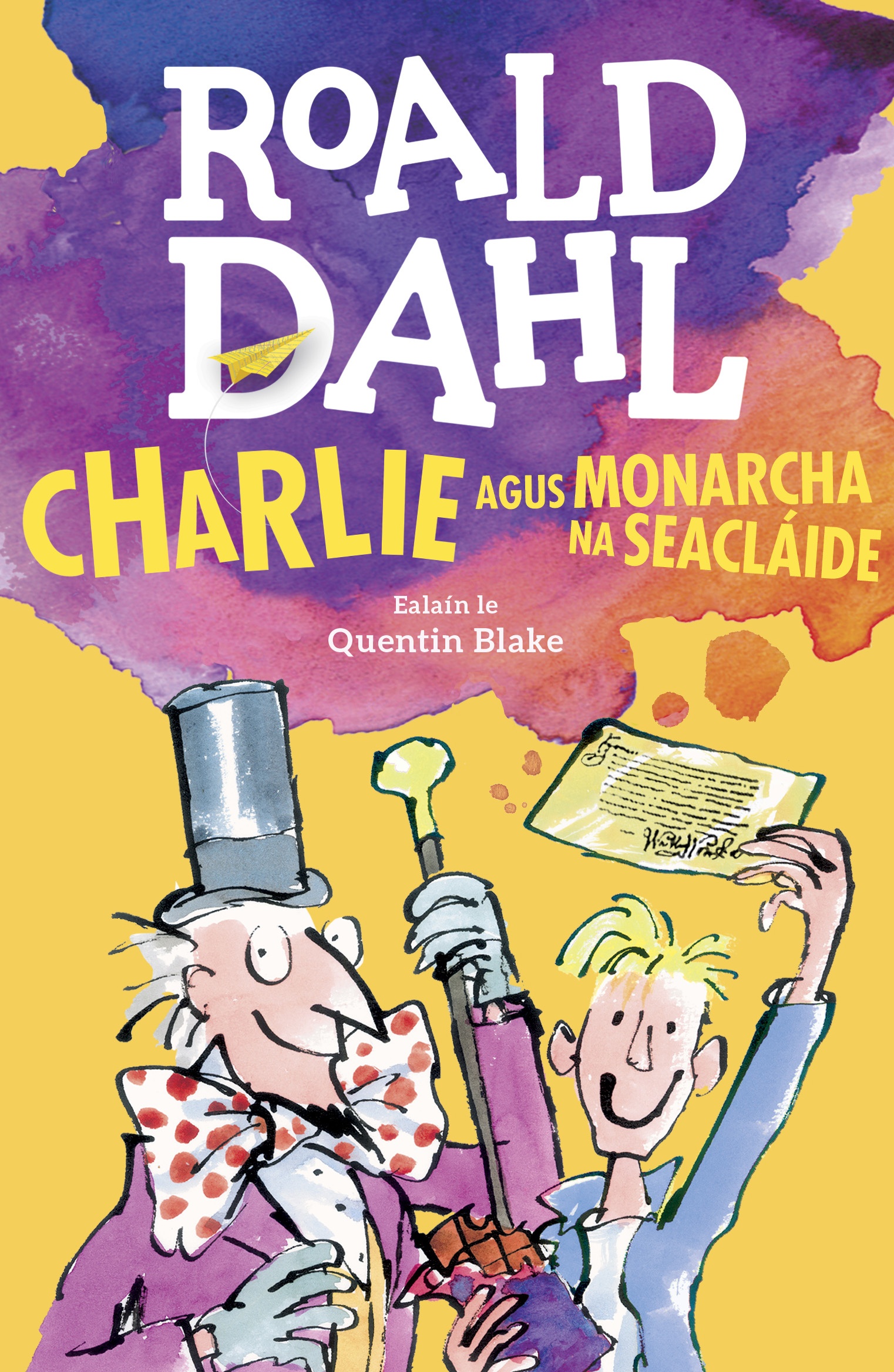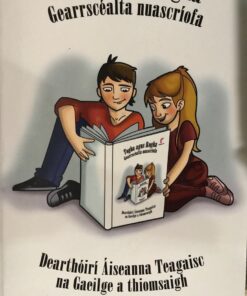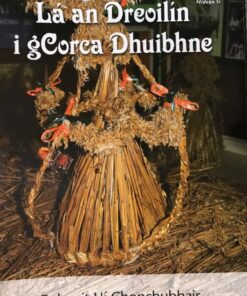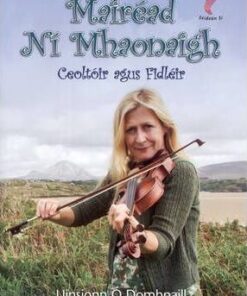Charlie agus Monarcha na Seacláide (Charlie and the Chocolate Factory)
Author: Dahl, Roald
Reading Age: 10 to 11 Fifth Class
Publisher: Leabhar Breac
Illustrator: Blake, Quentin
ISBN-13: 9781909907898
Number of pages: 222
Níl an déantóir cáiliúil seacláide Willy Wonka — ná an taobh istigh dá mhonarcha iontach seacláide — feicthe ag aon duine le blianta fada. Nuair a fhógraíonn sé comórtas mór ina d... Read more
€12.00 Original price was: €12.00.€11.50Current price is: €11.50.
Sorry, All sold out!

Níl an déantóir cáiliúil seacláide Willy Wonka — ná an taobh istigh dá mhonarcha iontach seacláide — feicthe ag aon duine le blianta fada. Nuair a fhógraíonn sé comórtas mór ina dtabharfar buaiteoirí na gcúig thicéad órga ar thuras sa mhonarcha, tá tír is talamh ag iarraidh teacht ar na ticéid. Tá na ticéid curtha i bhfolach aige i gclúdaigh na mbarraí seacláide, ach cé aige a bheidh siad!!Charlie Buicéad agus na hÚmpa-LumpaighIs é Charlie agus Monarcha na Seacláide an scéal is cáiliúla le Roald Dahl. Seo é scéal Charlie Buicéid, na gcúig thicéad órga, agus na nÚmpa-Lumpach, agus scéal Willy Wonka féin. Scéal é atá buanaithe in intinn na n-óg ó chéadfhoilsíodh é in 1964. Tá os cionn 20 milliún cóip den leabhar díolta in 56 theanga. Agus ar deireadh, tá sé ar fáil i nGaeilge!“Roald Dahl has delighted young readers since the 1960s with his irreverent stories of the idiocy, cruelty and strangeness of the adult world from the perspective of an intelligent child. Many of these are now available as Gaeilge: the Irish for the Oopa Loompas is “na nÚmpa-Lumpach”. “Monarcha” means a factory and is unrelated to the English word monarchy, although I’m sure someone somewhere is writing a thesis on the relationship between industrialization in Ireland and the interests of the royal family.” — Darach Ó Séaghdha, thejournal.ie
The story was originally inspired by Roald Dahl’s experience of chocolate companies during his schooldays. Cadbury would often send test packages to the schoolchildren in exchange for their opinions on the new products. At that time (around the 1920s), Cadbury and Rowntree’s were England’s two largest chocolate makers and they each often tried to steal trade secrets by sending spies, posing as employees, into the other’s factory. Because of this, both companies became highly protective of their chocolate-making processes. It was a combination of this secrecy and the elaborate, often gigantic, machines in the factory that inspired Dahl to write the story.
Charlie and the Chocolate Factory is perhaps Roald Dahl’s best-known story. The story of Charlie Bucket, the five Golden Tickets, the Oompa-Loompas and the amazing Mr Willy Wonka has become firmly embedded in our culture since it was first published in 1964. Conservative estimates suggest the original book has sold over 20 million copies worldwide; it is now available in 55 languages.
‘Roald Dahl has delighted young readers since the 1960s with his irreverent stories of the idiocy, cruelty and strangeness of the adult world from the perspective of an intelligent child. Many of these are now available as Gaeilge: the Irish for the Oopa Loompas is “na nÚmpa-Lumpach”. “Monarcha” means a factory and is unrelated to the English word monarchy, although I’m sure someone somewhere is writing a thesis on the relationship between industrialization in Ireland and the interests of the royal family.’ — Darach Ó Séaghdha, thejournal.ie
